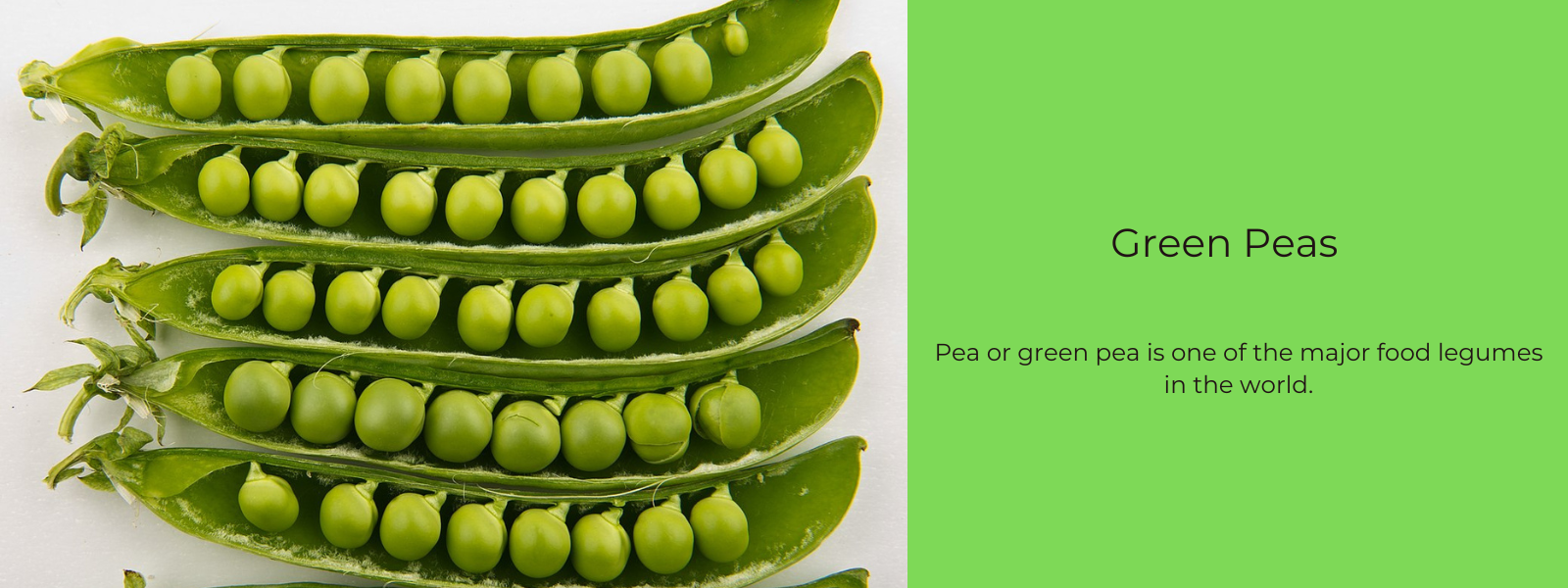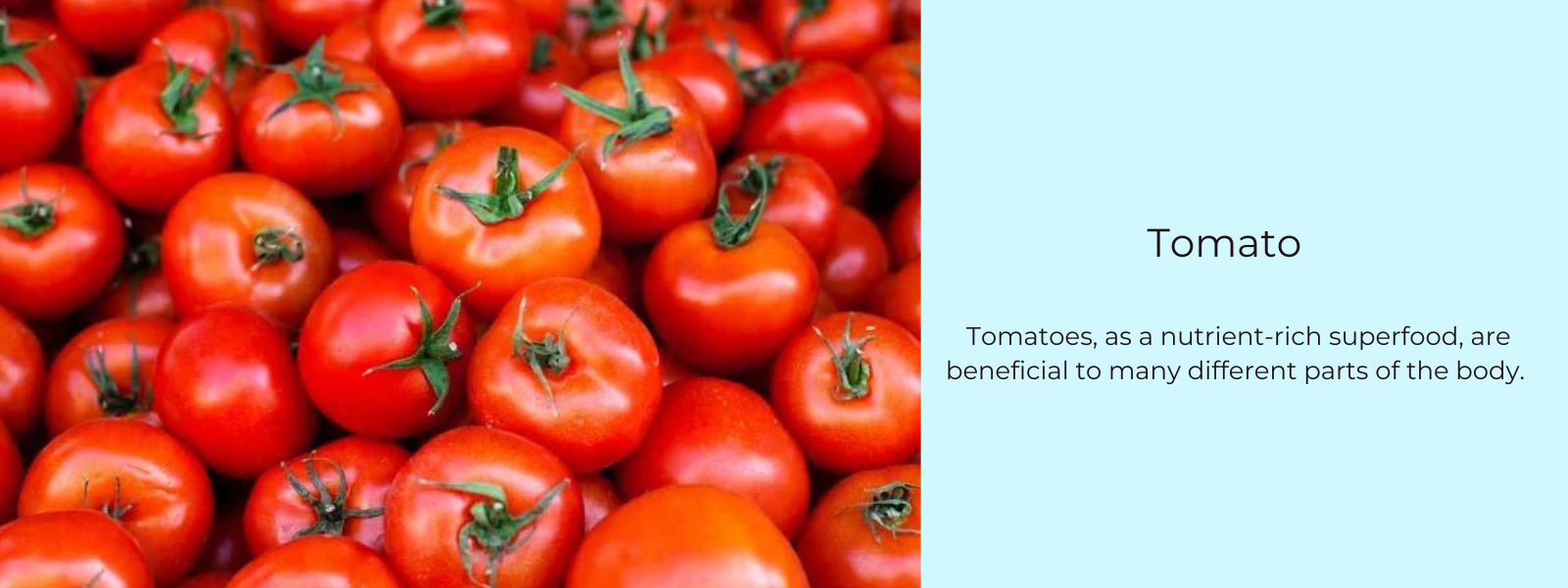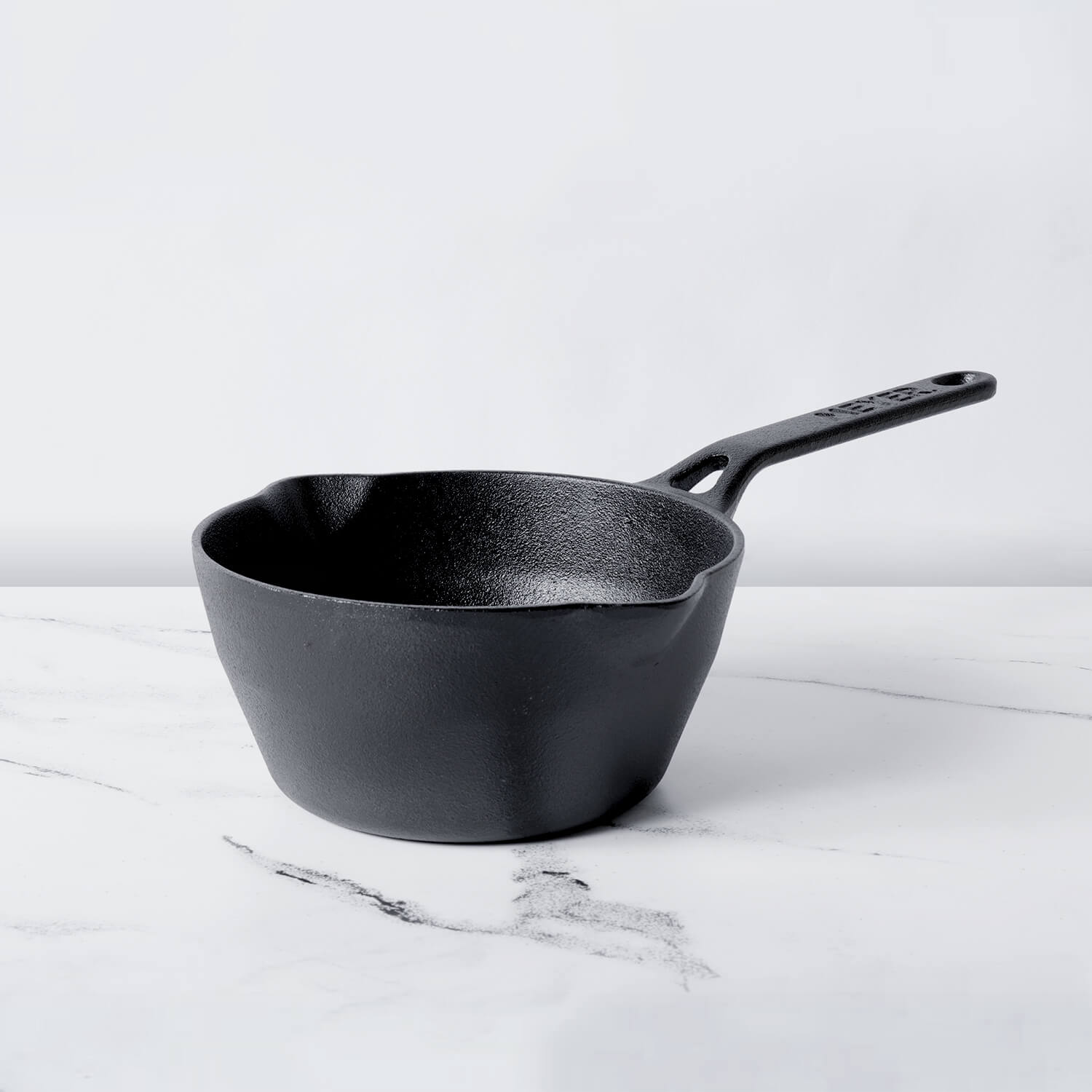Potatoes are a widely consumed root vegetable. They are a member of the nightshade family, along with tomatoes and peppers, and are native to South America. Potatoes come in many different varieties, with different shapes, sizes, and colors. Some common varieties include Russet, Yukon Gold, Red, and Fingerling potatoes. Each variety has its own unique texture and flavor, making them versatile in cooking. Potatoes are a good source of several important nutrients, including vitamin C, potassium, and fiber. They are also low in fat and calories, making them a healthy addition to meals.
Table of Contents
Nutritional facts of Potato:
Here are the nutrition facts for a medium-sized potato (5.2 ounces or 148 grams), baked in its skin without any added toppings or seasonings:
- Calories: 129
- Fat: 0.2 grams
- Sodium: 6 milligrams
- Carbohydrates: 29 grams
- Fiber: 3.8 grams
- Sugars: 2 grams
- Protein: 3 grams
- Vitamin C: 26% of the Daily Value (DV)
- Potassium: 26% of the DV
- Vitamin B6: 20% of the DV
- Iron: 6% of the DV
Potatoes are a good source of vitamin C, potassium, and vitamin B6. They are also a good source of dietary fiber, which can help promote digestion and support heart health. Potatoes are relatively low in calories and fat, making them a healthy addition to a balanced diet. However, it's important to note that the nutritional content can vary depending on the preparation method and any added toppings or seasonings.
Health benefits of potatoes:
Potatoes are a widely consumed root vegetable that are a good source of several important nutrients. Here are some potential health benefits of potatoes:
- Rich in nutrients: Potatoes are a good source of several important nutrients, including vitamin C, vitamin B6, potassium, fiber, and iron. They are also relatively low in calories, making them a healthy addition to your diet.
- Can help with digestion: Potatoes contain a type of carbohydrate called resistant starch, which can act as a prebiotic and promote the growth of beneficial gut bacteria. This can help improve digestion and overall gut health.
- Lowers blood pressure: The high potassium content in potatoes helps lower blood pressure by counteracting the effects of sodium in the diet.
- Supports heart health: The fiber and potassium in potatoes is beneficial for heart health. Fiber can help lower cholesterol levels, while potassium can help regulate blood pressure.
- Can improve athletic performance: Potatoes are a good source of carbohydrates, which are the body's primary source of energy during exercise. Eating potatoes before or after exercise may help improve athletic performance and recovery.
- Can boost brain function: Potatoes contain several nutrients that are important for brain function, including vitamin B6 and choline. Choline is important for the development of the brain and nervous system.
It's important to note that the health benefits of potatoes can vary depending on how they are prepared. Boiling or baking potatoes with the skin intact is generally considered the healthiest way to eat them, as this helps preserve their nutrient content. However, deep-frying potatoes or adding excessive amounts of salt or butter can negate some of their potential health benefits.
Different types of potatoes and the benefits they offer:
There are several different types of potatoes, each with its unique characteristics and nutritional benefits. Here are some of the most common types of potatoes and the benefits they offer:
- Russet potatoes: Russet potatoes are large, starchy potatoes with a fluffy texture when cooked. They are a good source of fiber and vitamin C and are often used to make baked potatoes or French fries.
- Red potatoes: Red potatoes have a thin, red skin and a creamy white interior. They are lower in starch than other potatoes and have a slightly sweeter taste. They are a good source of potassium and vitamin C and are often used in salads or roasted dishes.
- Yukon Gold potatoes: Yukon Gold potatoes are medium-sized potatoes with a golden-yellow skin and a buttery texture. They are a good source of vitamin C and potassium and are often used in mashed potatoes or soups.
- Fingerling potatoes: Fingerling potatoes are small, thin potatoes with a waxy texture and a nutty flavor. They are a good source of fiber and potassium and are often roasted or boiled and used in salads.
- Purple potatoes: Purple potatoes have a vibrant, purple skin and a purple flesh. They are high in antioxidants called anthocyanins, which give them their distinctive color. They are a good source of fiber, vitamin C, and potassium and are often used in salads or roasted dishes.
- Sweet potatoes: Sweet potatoes are a type of root vegetable that are often used in sweet dishes such as pies and casseroles. They are high in fiber and vitamin A and are a good source of potassium and vitamin C. They have a sweet flavor and are often roasted or mashed.
Overall, potatoes are a nutritious and versatile vegetable that can be used in a wide variety of dishes. Choosing different types of potatoes can add variety to your diet and help you get a range of nutrients.
Different ways to prepare potatoes - baking, boiling, mashing and more:
Potatoes are a versatile ingredient that can be prepared in many different ways. Here are some of the most common methods for preparing potatoes:
- Baking: Baked potatoes are a classic way to prepare potatoes. Simply wash the potatoes, pierce them a few times with a fork, and bake them in the oven for 45-60 minutes at 400°F (205°C). You can serve them as a side dish with butter and sour cream, or stuff them with toppings like cheese, bacon, and chives.
- Boiling: Boiled potatoes are a popular side dish that can be used in a variety of recipes. Simply peel and chop the potatoes, place them in a pot of boiling water, and cook for 15-20 minutes, or until they are tender. You can season them with salt, pepper, and butter, or mash them with milk and butter for creamy mashed potatoes.
- Roasting: Roasted potatoes are a delicious and easy side dish. Simply cut the potatoes into small pieces, toss them with olive oil and seasonings like garlic and rosemary, and roast them in the oven at 400°F (205°C) for 30-40 minutes, or until they are golden brown and crispy.
- Mashing: Mashed potatoes are a classic comfort food that can be served as a side dish or used in recipes like shepherd's pie. Simply boil the potatoes until they are tender, drain them, and mash them with butter, milk, and seasonings like salt and pepper.
- Frying: Fried potatoes are a popular snack or side dish that can be made in a variety of ways, including French fries, hash browns, and potato chips. Simply cut the potatoes into thin slices or strips, fry them in hot oil until they are crispy and golden brown, and season them with salt and other seasonings.
- Grilling: Grilled potatoes are a great addition to any summer cookout. Simply slice the potatoes into rounds or wedges, brush them with oil and seasonings, and grill them over medium-high heat for 10-15 minutes, or until they are tender and charred.
Overall, there are many different ways to prepare potatoes, so you can choose the method that works best for your recipe and taste preferences.
Tips for storing potatoes to keep them fresh and flavorful:
Storing potatoes properly is important to keep them fresh and flavorful for longer. Here are some tips for storing potatoes:
- Store potatoes in a cool, dark place: Potatoes should be stored in a cool, dark place with good ventilation, such as a pantry or cellar. Avoid storing them in direct sunlight or in areas with high humidity, as this can cause them to sprout or spoil faster.
- Do not store potatoes in the refrigerator: While the refrigerator is a cool, dark place, it is too cold for potatoes and can cause their texture and flavor to deteriorate. Instead, store them in a cool pantry or cellar.
- Keep potatoes dry: Moisture can cause potatoes to rot or sprout, so it's important to keep them dry. Avoid washing potatoes until you are ready to use them, and store them in a paper or mesh bag to allow air to circulate.
- Remove any damaged or spoiled potatoes: If you notice any potatoes that are damaged or spoiled, remove them immediately to prevent them from affecting the other potatoes.
- Keep potatoes away from other produce: Potatoes release a gas called ethylene as they ripen, which can cause other produce to spoil faster. Store potatoes away from other fruits and vegetables to prevent this from happening.
By following these tips, you can help ensure that your potatoes stay fresh and flavorful for as long as possible.











Leave a comment